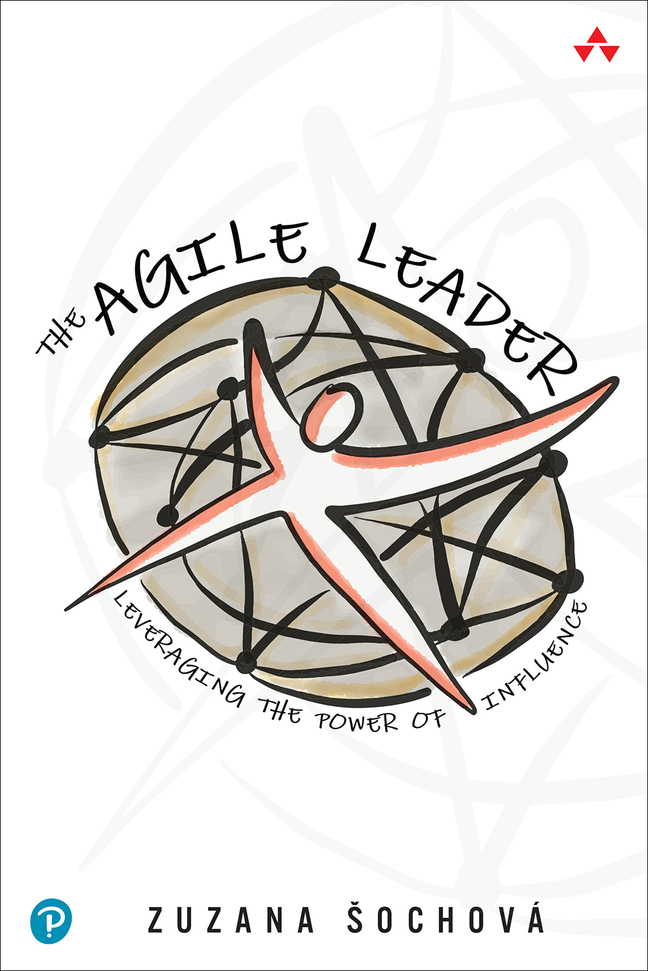For some time there was a trend of laying off so-called ScrumMasters from mostly big organizations. At first, it looks like Scrum is over. However, I would be careful with such conclusions. When you look closer, they are not really firing real ScrumMasters but some sort of delivery managers as they often call them or as I described them in my previous blog post – Scrum “Project” Masters, Scrum “Ceremonies” Masters, or Scrum “Jira” Masters. And they are also hiring them for such skills and responsibilities so it is no surprise. Those employees are mostly just pretending to be ScrumMasters. The problem is they often lack agile experience, lack coaching and facilitation skills, are not trained, and their managers often expect them to micromanage the delivery as they were always used to having everything under control. In other words, the environment is still so traditional that without strong leadership, desire for change, and experience in changing organizations they burn out and give up. “It would never work at my organization”, they say.
Indeed without them initiating the change, it will never work. Every change needs significant energy to change the status quo. And one of the responsibilities of great ScrumMasters is to work at all three levels of the #ScrumMasterWay concept:
Firstly, at My Team level, they need to be able to build a team from a group of individuals. Help them to be self-managing and cross-functional so they can deliver value end to end. Explain to them the dynamics of Scrum, facilitate events, and help them to take over the ownership and responsibility for their way of working. Once the initial work is done and the team starts picking up, they need to coach them so they constantly look for improvements.
Secondly, at the Relationship level, ScrumMasters need to work with teams that collaborate on bigger products. Helping Product Owners to shift from a delivery mindset to a value mindset, build a real value-driven Backlog, and prioritize. Facilitating larger refinements with multiple teams, stakeholders, customers, and the Product Owner. Supporting Product Owners to take over the responsibility and ownership for the entire product success focusing on return on investment and customer satisfaction, not just delivery.
Finally, at the Entire System level, ScrumMasters need to help the entire organization to embrace agility. In other words, be more adaptive. Loosen their budgeting the planning cycles, and be ok with uncertainty. Implement a fast feedback loop, and don’t be afraid to inspect and adapt. By increasing the transparency step by step they need to build trust in this new way of working. It’s the only way how to sustain the current world of constant changes and be ready to solve complex business problems. Simply help the organizations to be ready for whatever the future brings.
All over ScrumMasters need to start their ScrumMaster journey at the My Team level. Working with small teams, experiencing what difference can Scrum and agility make at the team level. Learning about the dynamics of Scrum, self-management, and cross-functionality. The same skills and experiences are then applied to larger entities of Relationship and Entire System Levels. They learn on the way.
In order to be successful, large traditional organizations need a certain number of ScrumMasters experienced with the entire system level so they can coach the organization on their agile adoption journey. Hiring Scrum “Project” Masters, Scrum “Ceremonies” Masters, or Scrum “Jira” Masters will never help and can only result in “Dark Scrum” that not only doesn’t help the organization achieve their business goals but demotivates everyone and often results in firing those “fake” ScrumMasters. It’s sad, but it’s quite a common step for traditional organizations on their agile journey. Indeed you can skip it, and hire real ScrumMasters and start changing right away, but for many organizations, it’s too radical approach. They still hope they can be successful in dealing with complexity in nowadays constantly changing world without change. I don’t think so. I believe the change is inevitable. But we’ll see what the future brings, and what organizations will struggle, and what organizations will survive.

 Learn more about transforming organizations, leadership, and culture with Agile & Enterprise Coaching. Check our Scrum and Agile training sessions on Sochova.com. Grab a copy of The Great ScrumMaster: #ScrumMasterWay book and The Agile Leader: Leveraging the Power of Influence book.
Learn more about transforming organizations, leadership, and culture with Agile & Enterprise Coaching. Check our Scrum and Agile training sessions on Sochova.com. Grab a copy of The Great ScrumMaster: #ScrumMasterWay book and The Agile Leader: Leveraging the Power of Influence book.
Disclaimer: All I write on this blog is purely personal and has no relation with any position I have, used to have or will have in the future.
